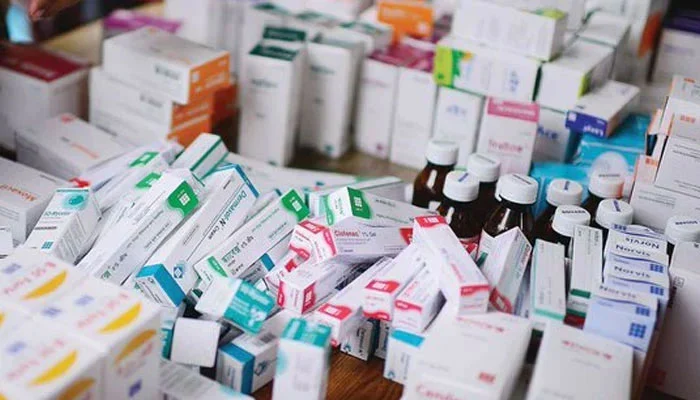Nearly all medicines needed by Pakistani patients are now widely accessible at pharmacies across the country, thanks to the government’s strategic decision to deregulate the prices of non-essential drugs.
This landmark policy shift, introduced at the end of 2023, has been hailed as a breakthrough by pharmaceutical industry leaders and healthcare professionals. It effectively ended prolonged shortages and curbed the black-market exploitation of medicines.
Key Benefits of Deregulation
- Restored Access: Life-saving treatments such as insulin, tuberculosis medicines, and common over-the-counter drugs are now readily available.
- Reduced Counterfeits: Availability of genuine medicines has decreased the demand for counterfeit products.
- Revived Production: Manufacturers resumed production as deregulated prices now reflect actual costs.
- Improved Public Confidence: Confidence in the pharmaceutical supply chain has been significantly boosted.
Previously, drug prices fixed far below production costs led to severe market shortages. Pharmaceutical manufacturers highlighted that inflation, currency depreciation, and rising raw material costs made it impossible to sustain production under outdated pricing.
With deregulation, a medicine that cost Rs. 3 and was unavailable can now be produced and sold at Rs. 6, ensuring both availability and affordability.
Market Impact
According to recent industry insights:
- Prices for top pharmaceutical brands have increased by an average of 16.5%, primarily due to hardship adjustments and new launches.
- Urban medicine prices rose by 13.05%, while rural prices increased by 15.3%, still below inflation in other sectors.
- Market volume growth has improved from 0.8% in 2023 to 3.6% in 2025.
Provincial authorities across all regions confirm that drug shortages have drastically reduced. Anti-epileptics, psychiatric medicines, and even previously scarce cancer treatments are now widely available.
Essential Medicines Still Regulated
It’s important to note that over 460 essential medicines remain under strict government price control to protect public access and affordability.



Comments (0)
No comments yet. Be the first to comment!
Leave a Comment